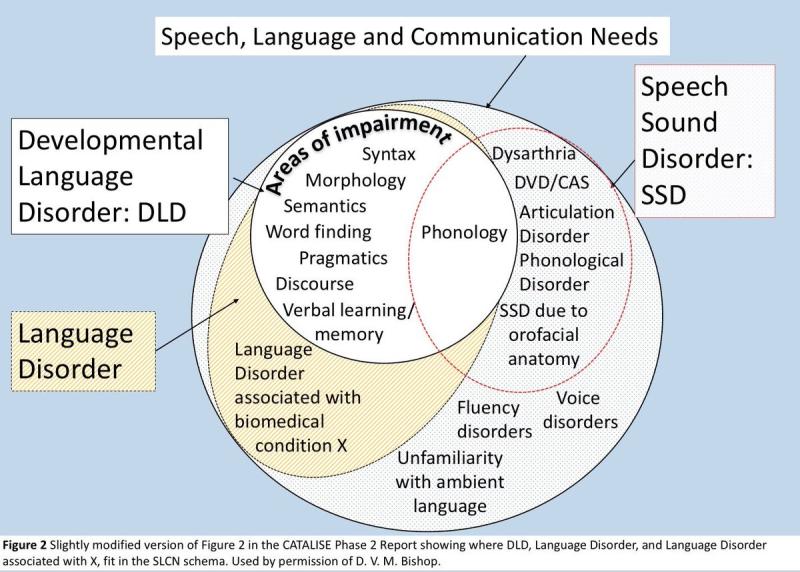What are the goals of speech therapy?
Speech therapy, also known as speech-language therapy, aims to address communication and speech-related challenges in individuals. The specific goals of speech therapy can vary depending on the individual's needs, age, and the nature of their communication disorder. Here are some common goals of speech therapy:
Improve Articulation and Speech Clarity:
- Goal: Enhance the ability to produce clear and intelligible speech sounds.
- Methods: Articulation exercises, tongue and lip exercises, and drills to improve speech sound accuracy.
Expand Vocabulary and Language Skills:
- Goal: Increase the individual's ability to understand and use a broader range of words and phrases.
- Methods: Vocabulary-building activities, language games, and structured language exercises.
Enhance Grammar and Sentence Structure:
- Goal: Improve the formulation of grammatically correct sentences.
- Methods: Sentence construction exercises, grammar drills, and activities targeting syntax.
Develop Fluency:
- Goal: Reduce disruptions in the flow of speech, such as stuttering or hesitations.
- Methods: Fluency exercises, breathing techniques, and strategies to improve the smoothness of speech.
Improve Social Communication Skills:
- Goal: Enhance the ability to engage in effective communication within social contexts.
- Methods: Role-playing, social skills training, and activities to improve conversational turn-taking.
Enhance Expressive Language Skills:
- Goal: Improve the ability to express thoughts, ideas, and emotions coherently.
- Methods: Narrative therapy, expressive language exercises, and activities to facilitate storytelling.
Address Receptive Language Skills:
- Goal: Improve the ability to understand spoken and written language.
- Methods: Listening comprehension exercises, following directions, and activities to improve comprehension.
Facilitate Cognitive-Communication Skills:
- Goal: Enhance cognitive abilities related to communication, such as problem-solving and memory.
- Methods: Cognitive-communication exercises, memory games, and activities to improve attention.
Promote Swallowing and Feeding Skills:
- Goal: Address difficulties related to swallowing, chewing, and feeding.
- Methods: Oral motor exercises, swallowing exercises, and techniques to improve safe and efficient eating and drinking.
Utilize Augmentative and Alternative Communication (AAC):
- Goal: Facilitate communication for individuals who have difficulty with verbal expression.
- Methods: Introduce and train individuals on the use of communication devices, symbols, or gestures.
Build Confidence and Independence:
- Goal: Increase confidence and independence in communication.
- Methods: Positive reinforcement, self-monitoring strategies, and activities to promote self-advocacy.
Facilitate Literacy Skills:
- Goal: Improve reading and writing skills.
- Methods: Reading comprehension exercises, phonics activities, and writing exercises.
It's essential to note that speech therapy goals are highly individualized, and therapists work closely with clients to develop specific, measurable, achievable, relevant, and time-bound (SMART) objectives based on their unique needs and challenges. Regular assessment and adjustment of goals are integral parts of the speech therapy process to ensure progress and success.
What are the goals of speech therapy?
The goals of speech therapy vary depending on the individual's needs and abilities. However, some common goals of speech therapy include:
- Improving speech clarity: This may involve helping people to produce sounds correctly, improve their articulation, or increase their volume.
- Improving language comprehension: This may involve helping people to understand what others are saying, both verbally and in writing.
- Improving language expression: This may involve helping people to use words and sentences appropriately, communicate their thoughts and ideas effectively, and participate in conversations.
- Improving social communication skills: This may involve helping people to use language in a socially appropriate way, understand and respond to social cues, and initiate and maintain social interactions.
How does speech therapy address different communication challenges?
Speech therapy can address a wide range of communication challenges, including:
- Articulation disorders: These disorders involve difficulty producing certain speech sounds.
- Phonological disorders: These disorders involve difficulty using the rules of sound that govern a language.
- Receptive language disorders: These disorders involve difficulty understanding what others are saying.
- Expressive language disorders: These disorders involve difficulty using language to communicate thoughts and ideas.
- Fluency disorders: These disorders involve disruptions in the flow of speech, such as stuttering.
- Voice disorders: These disorders involve problems with the production of voice, such as hoarseness or weakness.
- Cognitive-communication disorders: These disorders involve difficulty using language due to a cognitive impairment, such as aphasia.
Speech-language pathologists (SLPs) use a variety of techniques and exercises to address different communication challenges. Some common techniques include:
- Modeling: SLPs may model correct speech sounds or language usage for the client.
- Prompting: SLPs may provide prompts to help the client produce correct speech sounds or language structures.
- Practice: SLPs provide opportunities for the client to practice their communication skills in a safe and supportive environment.
- Feedback: SLPs provide feedback to the client on their communication skills, both positive and corrective.
Are there specific techniques or exercises employed in achieving the goals of speech therapy?
Yes, there are a number of specific techniques and exercises that can be used to achieve the goals of speech therapy. Some common examples include:
- Articulation drills: These drills are designed to help people learn to produce certain speech sounds correctly.
- Language comprehension exercises: These exercises help people to develop their ability to understand what others are saying.
- Language expression exercises: These exercises help people to develop their ability to use language to communicate their thoughts and ideas.
- Fluency exercises: These exercises help people to develop a smooth and fluent flow of speech.
- Voice therapy exercises: These exercises help people to improve their voice production.
- Cognitive-communication exercises: These exercises help people to improve their ability to use language in a variety of cognitive contexts.
The specific techniques and exercises that are used in speech therapy will vary depending on the individual's needs and abilities. SLPs will work with the client to develop a treatment plan that is tailored to their specific needs.












